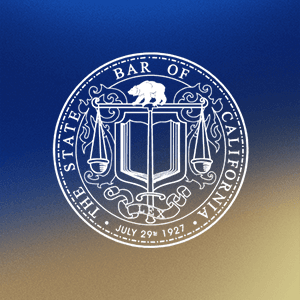Acquittal
An acquittal in a criminal case means that the prosecution failed to prove its case beyond a reasonable doubt. It does not represent a finding that the defendant (accused) is innocent. An acquittal occurs in a criminal trial when a defendant is found not guilty by a judge or jury. After an acquittal, the constitutional prohibition against Double Jeopardy prevents further prosecution of the defendant for the same crime, even if new evidence is discovered.
Additionally, an acquittal cannot be appealed except under one rare exception (see, Harry Asleman v. Judges of the Criminal Division, Circuit Court of Cook County, Illinois, et al., F.3d 302 (7th Cir. 1998)), where the court held that Double Jeopardy does not apply when a defendant is acquitted by a bribed judge – in other words, under those circumstances, a defendant can be reprosecuted. An acquittal does not prohibit the filing of a civil action against the defendant on the same set of facts.
For example, after O.J. Simpson was tried and acquitted of murder, the families of the victims successfully sued him in civil court for Wrongful Death. If you or someone you know is facing criminal charges, consult with an experienced criminal defense attorney to learn about the probability of obtaining an acquittal at trial, or the pros and cons of a plea agreement.
Client Reviews
-
God Bless you Stephen, wish you all the successes in life.
“Stephen is a great contact and extremely helpful and knowledgeable. I am glad that I was his client in the past. Top lawyer, top man. God Bless you Stephen, wish you all the successes in life.”
-
Don't hesitate to contact them!
“I was referred to this group of Attorneys. I was started with a low cost made arrangements. My case had to do with assault allegations. The case was dismissed they helped me not to loose my daughter to the system.”
-
Never Talk To Police
Know your rights when questioned by law enforcement.
Defend Your Rights -
Learn What To Do When Confronted and Interviewed By The Police
Honest & practical advice during a free initial consultation. Call now to get started!
Read More -
Don't Plead Guilty!
A plea bargain may not be in your favor. Let us help evaluate all of your options.
Learn More








